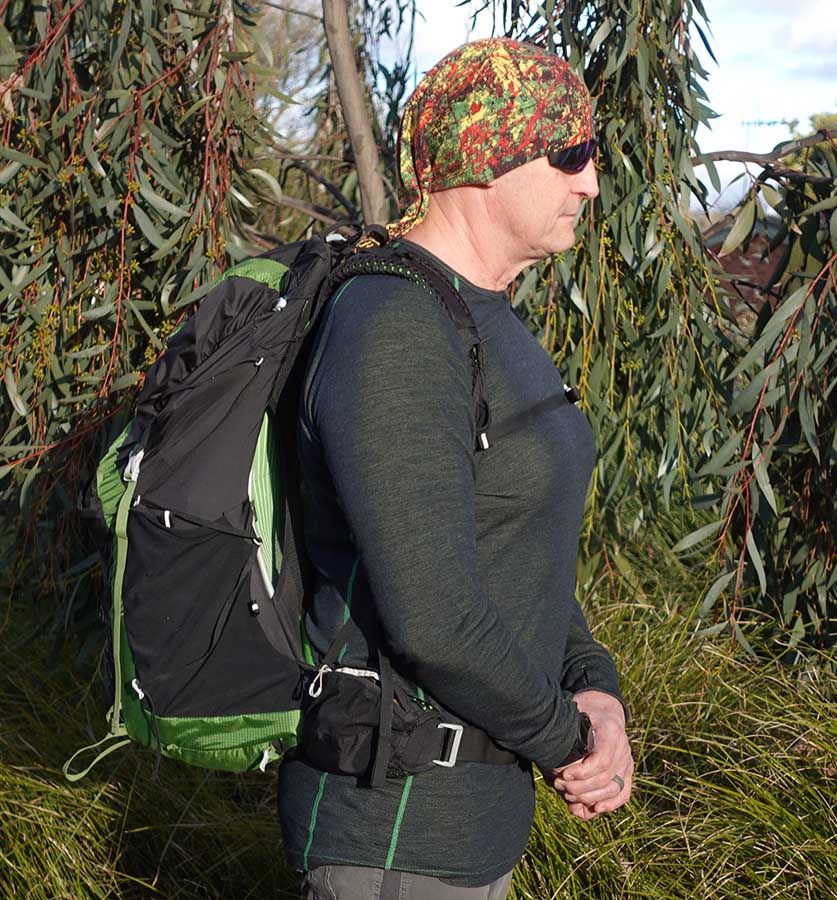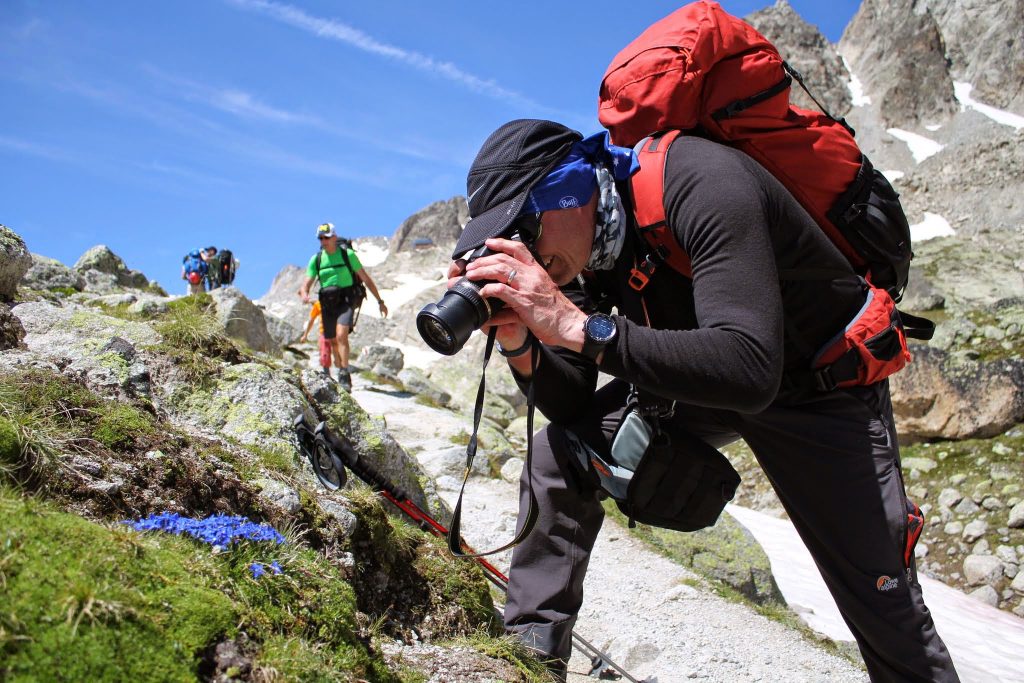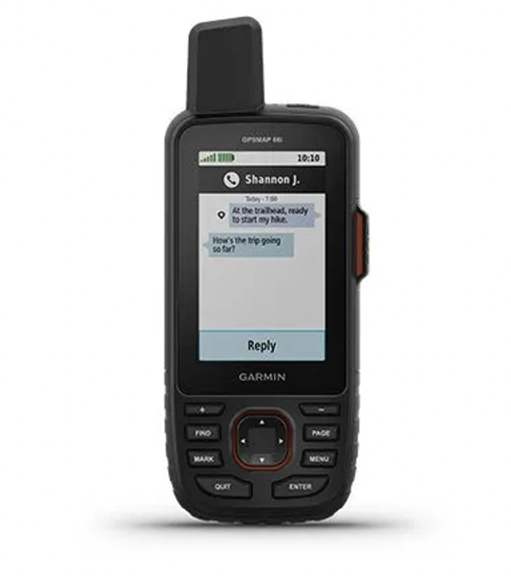When times get tough; motivation on the trail
Hiking practice
If its not obvious by now, I’m a big fan of hiking. I like hikes of all lengths and durations, and really don’t care too much about what the weather is like. Typically our walks are done with me as a solo hiker or with Gill as a couple. Of the more than 200 individual hikes we have reviewed over the past six years, we can easily count on one hand the number of hikes we have done with friends or relatives. Hiking as a solo hiker has lots of pros and cons and if I’m doing hikes longer than around three weeks in length, I’m on my own.
While hikers worry about the physical aspects of longer multi-day/multi-week hikes perhaps the biggest issue for many is the mental aspect. Humans are essentially social creatures and it takes a lot to spend extended periods of time on your own. Time alone can be challenging for many hikers and sometimes it’s a struggle to maintain a degree of motivation that allows you to keep on hiking on those days when you just don’t feel like it or when things aren’t going well.
There are also challenges when you hike with someone else. No matter how well you get along, there will always be moments when you just don’t feel motivated.
So, how can you maintain a degree of motivation when you feel like calling it quits? That’s what we discuss in this article.
Be prepared
Preparation and planning is the key to a successful hike, regardless of the length or duration. With shorter hikes you don’t need a lot of thought but when planning longer hikes, the complexity and with it the planning requirements increase.
Logistical considerations are one key aspect of this planning process and common considerations include what gear do you need, food requirements, how many kilometres are you going to be travelling each day, and much more. Having consciously thought through these logistical considerations as best as is possible means that should something crop up on the trail, you are ready for it.
Physical fitness is another big consideration and one of the biggest worries for newer hikers. Choosing a hike to suit your physical abilities is a given but rather than staying within you comfort zone you should always be willing to push the boundaries to see if you can challenge yourself. Again this comes back to planning and preparation and being physically fit for your chosen adventure provides a higher chance of success. If you are doing a hike that is so far out of your physical ability you are unlikely to enjoy it and there is the potential to impact on your enjoyment and potentially your confidence.
Prior to doing longer multi-day hikes you should increase your physical training, improve your flexibility, balance, muscle strength, and cardio fitness. Hiking is the one of the best options. For me this means doing progressively longer walks in the lead up to a trip and includes pack training. I have seen many different suggestions for pack training but typically in my final lead-in I will carry a pack that’s a couple of kilos heavier than what I will use on trail. The length of the final training walk will be an average of what I expect on trail. This means when I do start my walk it’s easier than what I’ve trained for. If you are a newer hiker, haven’t hiked for a while, or are carrying new equipment then schedule in a shakedown hike.
This logistical and physical preparation will help set you up for a positive experience on trail and minimise reasons for quitting a hike.

Tim about to head off on a training hike carrying a fully weighted pack (Pack Training)
What's your why?
There are so many reasons that people hike. Fitness, photography and time with nature are just some of the reasons people hike. If you are doing short hikes having a reason isn’t that important because if you aren’t having good time it really doesn’t matter because its going to be over soon. The longer the hike, the more important it is to have a reason, to have your ‘why’, for being there. This ‘why’ becomes an anchor for your trip, a mantra to why you are doing it. The reason you hike is very much a personal one but its also important to hike for the right reasons.
Some of the reasons that you shouldn’t be doing a longer distance hike include:
- You’re just tagging along on someone else’s adventure
- This is just one of the reasons that I do hikes over two weeks in length as a solo hiker. Gill isn’t into the really long hikes and can’t see the point
- You’re running away from something in your life as per Wild
- You want to find yourself as per Wild

Photography is a big reason that I hike and I’ll typically tale around 800 photos a week!
Mental resiliance
Now onto what many people would consider the airy fairy stuff and by that I mean the way you feel, mentally, as opposed to any physical feelings.
Figures don’t really exist in Australia for reasons that people stop a long distance hike but on the USA long trails such as the Pacific Crest Trail one of the reasons for dropping out at the start of a hike is due to physical injury or lack of fitness. One of the main reasons that people drop out later on a hike is due to reasons of the mind.
The decision to hike solo or as part of a group/couple will often come down to how well you cope with being alone for long periods. I have found that over the duration of a long distance hike I usually don’t have a problem being alone. In fact on my 2018 Bibbulmun Track hike over a five-week period, I worked out I only talked to other humans for a total of around eight hours. Apparently the average person has anywhere up to around 60,000 individual thoughts per day. Now there seems to be disagreement about how accurate this figure is but the lowest figure that is floating around is about 12,000. Imagine having all the time in the world just to think! For me this is one of the things I love about long distance hikes.
In regard to the mental challenge of doing a long distance my strategy was not to think about how far I had to go but to break my hike down into chunks. I think in terms of weekly distances and then break it down into my daily distance, and from there I break the day down into my morning and afternoon distance. Funnily enough I don’t consider my hourly speed instead factoring my known pace onto my planning stage so I know the distance I have planned for day is achievable. So long as I feel like I’m travelling at a comfortable pace I know that I’ll achieve my daily goal.
I also tend to be goal driven and get a bit of a high when I reach the halfway point of the day and find I’m ahead of where I expected to be. Knowing your walking pace over a variety of different conditions is a something worth identifying. I work on an average of 3.75 km per hour for most hikes but I usually travel at a speed over 4 km per hour which adds up over a multi-week hike.

Tim on the last day of the his 2018 Bibbulmun Track hike. I had less than 10km to go and it was the slowest 10km of the whole trip as I didn’t want it to end!
Support
Having said that not every hike goes to plan and on my incomplete walk on the Tasmanian Trail I struggled on the first day which really surprised me. On the first day of the hike I just wasn’t in the game mentally and it got to a stage just after lunch where I was questioning why I was doing the hike. It’s time like these where having a support network is a big help. In this instance I called my wife Gill and talked through how I was feeling, or rather talked at her, venting all my frustrations in what ended up being a one hour phone call. By the end of this call I was in a much better head space and was able to continue on. I ended up not completing this hike but that wasn’t due to how I was feeling but rather due to what was looking like an impending COVID lockdown which eventuated two days after I return home.
I was lucky being able to make this phone call (there was a good phone signal) but that’s not always the case. This is where having your ‘why’ for doing the hike becomes so important. It then becomes a discussion you ‘have with yourself’ and just another reason to use to minimise losing motivation on a hike.

Messaging example Garmin 66i. Sometimes even a text message can keep you on trail and with this Garmin it works even when you don’t have phone signal
Final thoughts
If you’re into hiking, and in particular longer hikes, losing motivation will happen at some stage and you need to have strategies in place before you start walking as to how this can be managed. These strategies include:
- Plan and prepare for your hike to minimise the possibility for losing motivation. Be physically fit and have all your logistics sorted
- Don’t take on too much. Know your capabilities, plan your hike around realistic, achievable goals and make sure you have enough days to complete your hike. Take on too much and you’ll feel like its all too much and the focus shifts from enjoying the hike to just trying to get finish
- Have strategies for getting through the day. On long hikes don’t think about how much distance you have left to travel but break your hikes down into manageable chunks. What this looks like will need to be something that works for you but take each day as it comes
- Have a ‘why’ for doing your hike and make it personal to you and invest in it. Hike for your own reasons and no-one else’s
- Have a support network to help you when you’re feeling down
- And finally never quit a hike on a bad day because you may feel better the next day, or for that matter, the day after. You’ll regret your decision if you’re just ‘having a bad day’
While it isn’t possible to plan for everything you can minimise potential issues as far as possible which means when you are on the trail, you’re thinking about all the positives. For those times you can’t plan away, having appropriate strategies in place will minimise the potential issues and help you stay motivated. So if you are about to do a long distance multi-week hike be prepared for your thought processes to be forever altered, for the better. Your life will never be the same again, and you’ll be glad for it.